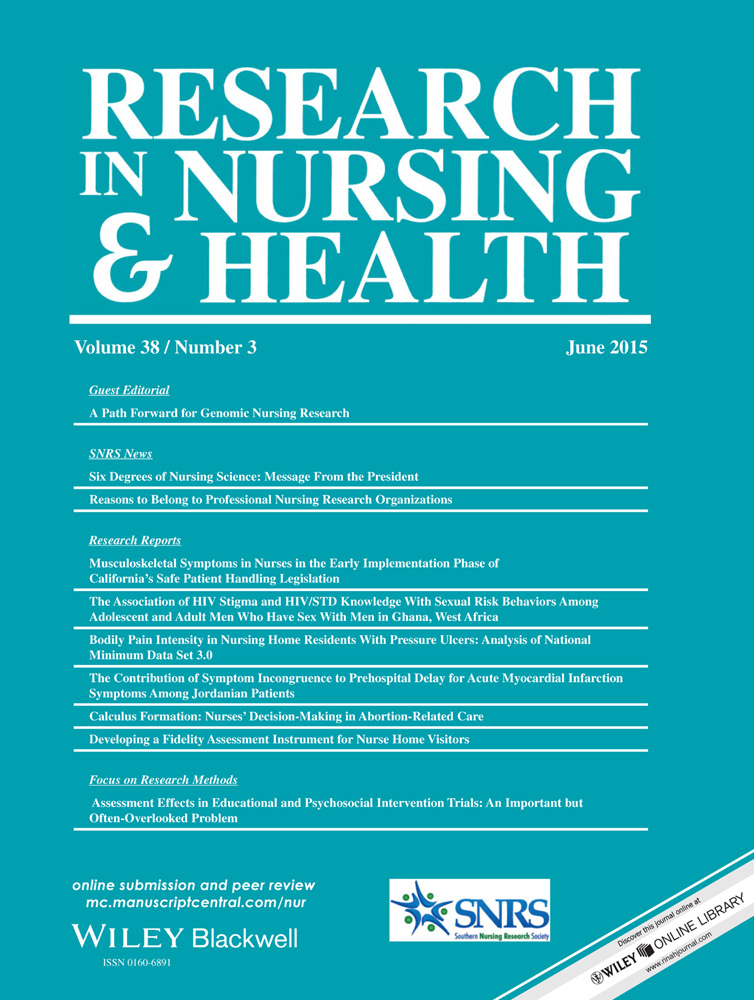Musculoskeletal Symptoms in Nurses in the Early Implementation Phase of California's Safe Patient Handling Legislation
Abstract
Musculoskeletal injuries and symptoms are prevalent in nurses and are largely associated with strenuous patient handling. In 2011, California enacted legislation that required acute-care hospitals to implement safe patient handling (SPH) policies and programs. To assess the early phase of this legislation, we conducted an epidemiological assessment of organizational SPH practices, musculoskeletal symptoms, and perceptions in a random sample of 396 registered nurses. Among those who worked in hospitals and had patient handling duties (n = 220), the 12 month prevalence of work-related musculoskeletal symptoms was 69% (lower back 54%, neck 41%, shoulders 34%, and hands/wrists 26%). Twenty-two percent of the nurses reported that their hospitals had a “no-lift” policy, 37% reported that their hospitals had lift teams, and 61% reported the availability of mechanical lift equipment such as floor or ceiling lifts. Nurses whose facilities employed lift teams were significantly less likely to report low back pain (OR = 0.54, 95% CI [0.30–0.97]). Nurses whose units had ceiling lifts were significantly less likely to report shoulder pain than nurses with no access to lifts (OR = 0.32, 95% CI [0.10–0.98]). Roughly 60% of respondents were aware of the SPH law, and 33% reported changes in their hospital's patient handling policies or programs since the law went into effect. Hospital SPH practices reported by the nurses in our sample were generally sub-optimal, but our findings suggest positive effects of elements required by SPH legislation. These data will serve as the baseline for future evaluation of the impact of this law in California. © 2015 Wiley Periodicals, Inc.




